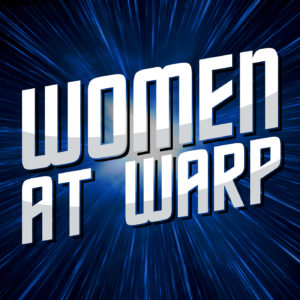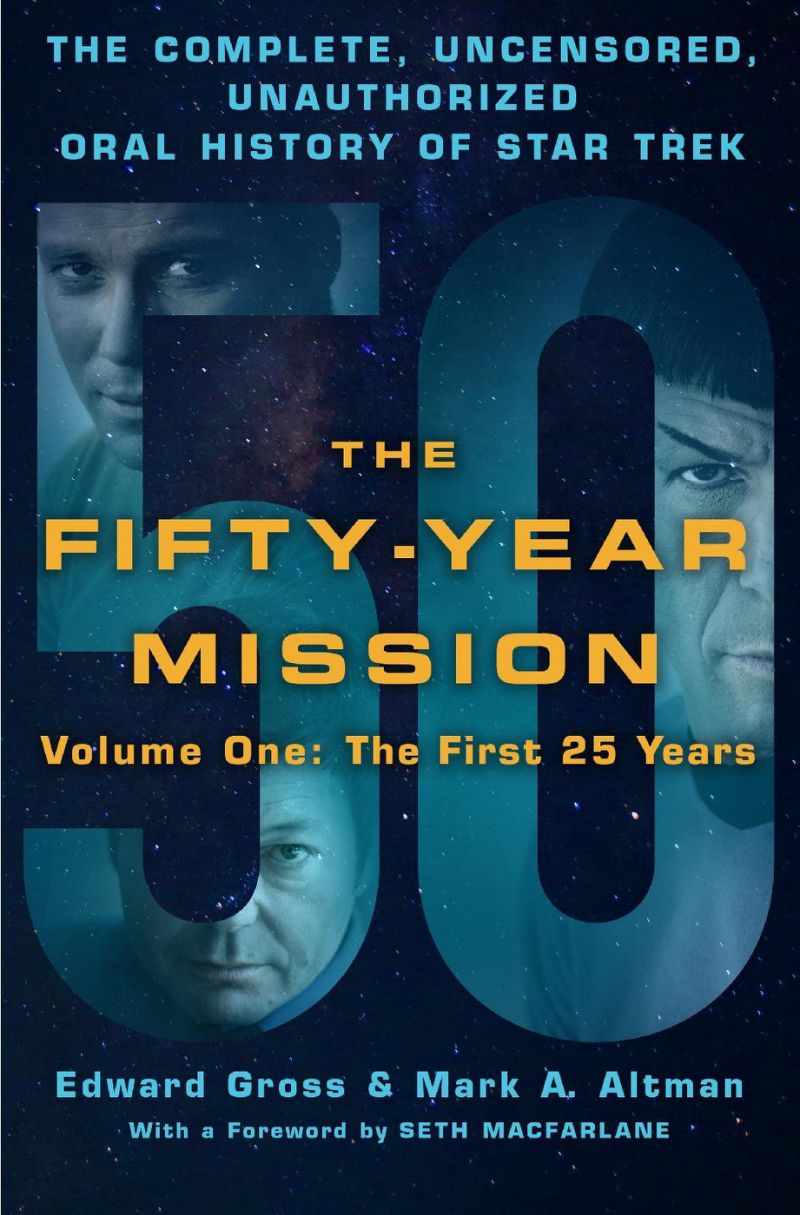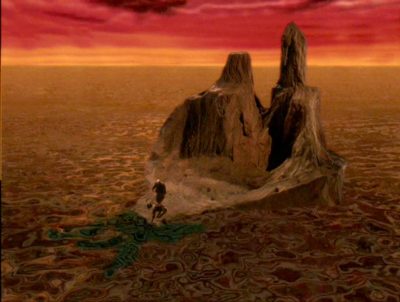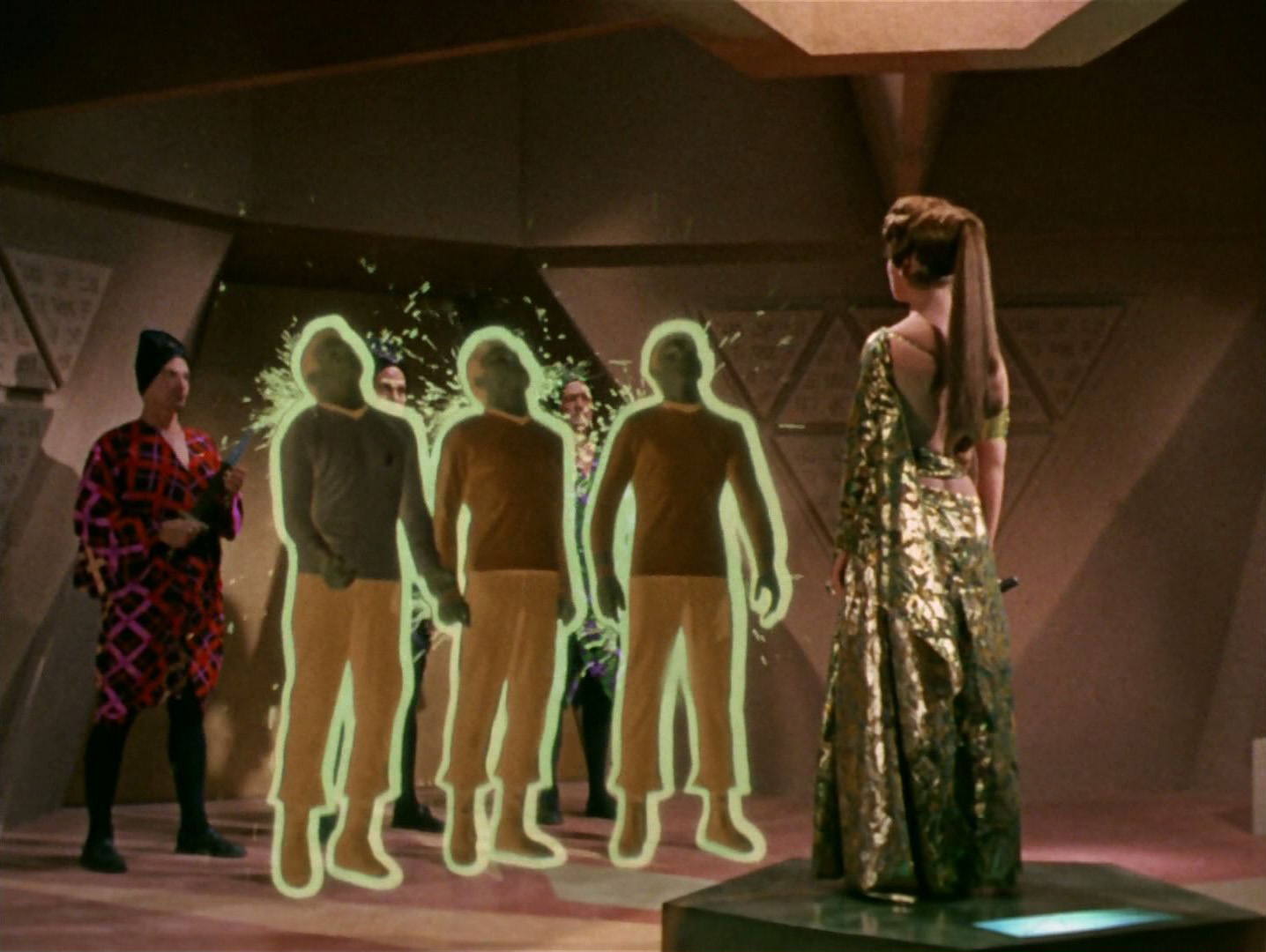From the very beginning science fiction was very male-focused or male-controlled. There were a few women involved, but an awful lot of them were just the wives of the fans. So when Star Trek started, it had a very large female component, which I think the networks never really understood…they persisted in feeling that all Star Trek fans were sixteen-year-old guys with acne who wore eighty-seven buttons on their shirts. I mean, we tried to tell them, but they never listened. A lot of people were drawn into fandom because of Star Trek, many of them women, and the old-line fans started to feel like they were losing their grip on their own hobby…
I’m not being very polite about this but, again, it was just a question of, ‘I want to talk about Asimov and you’ve never even heard of Asimov, so why are you trying to take over? There are so many of you!’ I mean, we had about four thousand attending the Worldcon in 1967, and then when Elyse Rosenstein and I decided to do our own convention, it was so many more people. So the science-fiction fans sort of felt overwhelmed and there was a certain amount of hostility.
Devra Langsam, quoted in The Fifty-Year Mission Volume 1 by Mark A. Altman and Edward Gross.
Interesting to hear from one of the key women figures in early Trek fandom on the dynamics of SF cons after Star Trek debuted, and how the resistance to Trek fans in SF was gendered.










